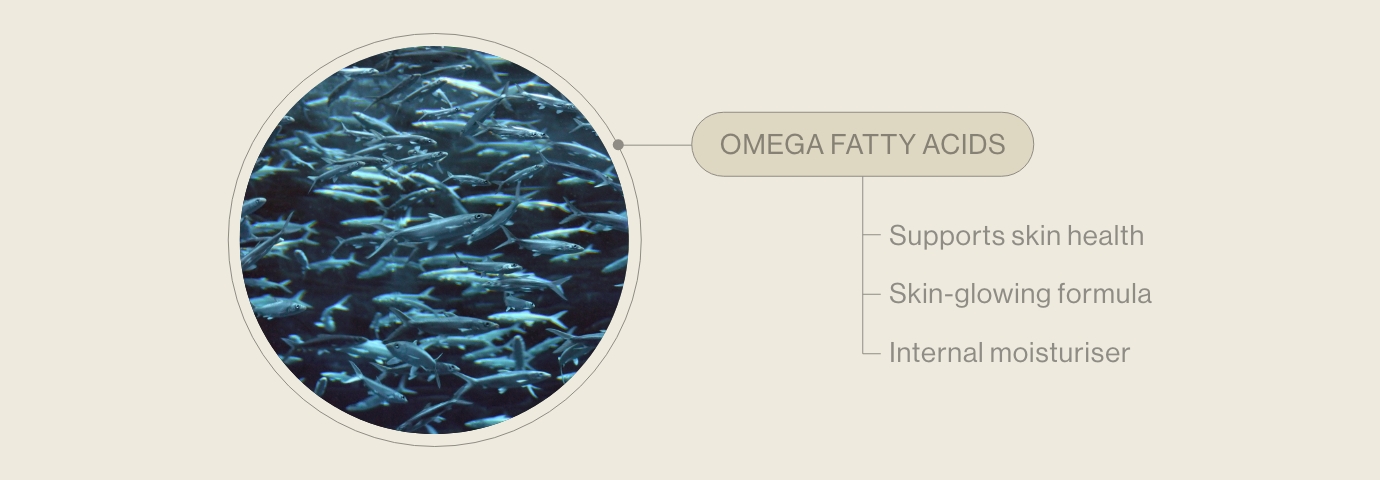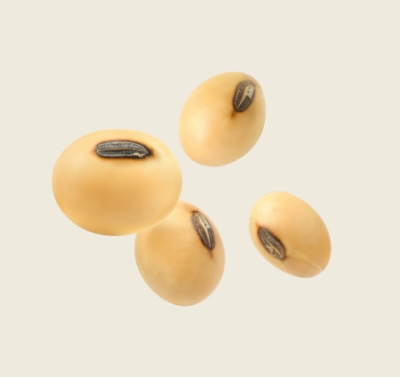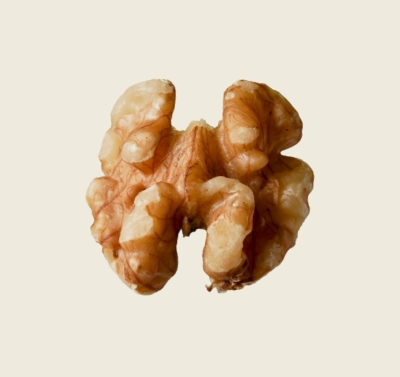The foods rich in omega fatty acids and their benefits

Did you know, studies show that it's becoming more difficult to get enough omega fatty acids from our diet?[1]. Low levels of omega 3s and omega 6 fatty acids may be linked to skin flare-ups like redness, inflammation, dryness to fatigue and brain fog. The good news is that you can increase your levels of omegas with nutritious foods like oily fish, seeds, nuts and with omega supplements. Here, our skin experts reveal the many benefits of eating omega fatty acids and the best recipe ideas if you’re searching for new ways to switch up your diet.
The benefits of eating omega fatty acids
There are a ton of benefits synonymous with eating omega fatty acids. Studies have shown that omegas can help support hair growth as well as reduce hair loss because they provide essential proteins and nutrients to the hair follicles and skin’.[3].
Omegas also work wonders for your epidermis too. Eating omegas can help support skin concerns such as redness, dryness and itchy skin[4].
Foods that contain omega fatty acids
According to the National Institutes of Health, you should consume around 1.1 to 1.6 grams of omega-3 fatty acids daily.[5].
Fish is an excellent source of omega-3 fatty acids (the unsaturated fats in fish). It provides a good source of vitamin D and is also thought to help support brain health and may help sleep quality [2].
Oily fish
Omegas are found in oily fish, including sardines, mackerel, anchovies, salmon, and herring.
SMASH fish - the acronym that stands for the fish highest in omega-3 fatty acids; salmon, mackerel, anchovies, sardines, and herring - are also high in selenium, which is the essential beauty mineral for hair*, skin* and nails*.
Soybeans
In addition to omega 3 and omega 6 fatty acids, soybeans are an excellent source of fibre. They are also a good alternative for vegetarian or vegan diets given their high protein content.
Some of the most common foods made with soybeans include tofu, soy milk, soy sauce and tempeh.

Flax and chia seeds
Flax seeds and chia seeds are also high in omegas. They help support digestion. Flax seeds are very high in the omega-3 fatty acid. Meanwhile, chia seeds contain antioxidants, vitamins and omega-3 fatty acids which are great for your overall wellbeing. Try adding them to your overnight oats or porridge; sprinkle them on yoghurt and salads or add to your morning smoothie for an easy nutritionist meal.
Walnuts
Not only are they nutritious, full of fibre but walnuts are also high sources of omega fatty acids. They are also rich in antioxidants, which can help support against free radicals. Free radicals are responsible for breaking down your skin's collagen and can have an adverse impact on your skin.
Among their many talents, walnuts are also good for your gut – another key factor for skin health – and contain copper, manganese, and vitamin E. Easy to incorporate into your diet, simply snack on walnuts throughout the day or add them to salads, oats, and yoghurts.

Recipe ideas to increase your omega intake
- Salmon or tofu stir fry
- Mackerel and vegetable curry
- Anchovies in a mixed salad
- Vegetable bake with anchovies
- Overnight oats with walnuts and chia seeds
- Chia pudding with berry compote
Aside from ensuring you’re eating a healthy, well-balanced diet, you can also try n Omega supplement like Skin Omegas+. The expertly calibrated Omega 3 supplement is combined with Omega 6 fatty acids and vitamin A for a specialised, sustainable skin-glowing formula.
*Selenium contributes to maintenance of normal hair and normal nails.
Sources
- Omega-3 Fatty Acid Intake by Age, Gender, and Pregnancy Status in the United States: National Health and Nutrition Examination Survey 2003–2014. National Library of Medicine. January 2019.Maranda Thompson, Nicholas Hein,Corrine Hanson, Lynette M. Smith, Ann Anderson-Berry, Chesney K. Richter, Karl StessyBisselou, Adams Kusi Appiah, Penny Kris-Etherton, Ann C. Skulas-Ray, and Tara M. Nordgren
- Higher levels of omega-3 in diet associated with better sleep. University Of Oxford. March 2014.
- arine protein supplement to promote hair growth and decrease shedding in women with self-perceived thinning hair.” March 2015. Glynis Ablon.
- Chronic Inflammation. National Library of Medicine. National Library of Medicine. August 2022. Roma Pahwa; Amandeep Goyal; IshwarlalJialal.
- Omega 3 fatty acids. National Institutes of Health. February 2023.

